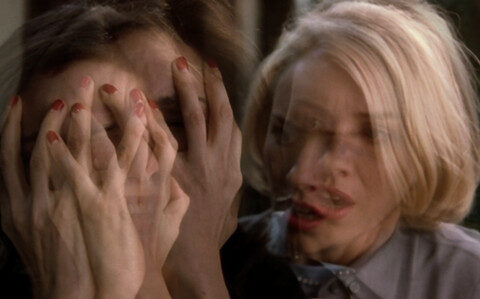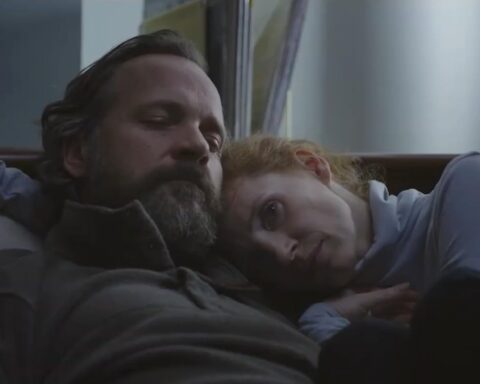
The Menu (2022)
“The Menu” is one of the few feature films by Mark Mylod, who is actually a series director (Succession, Game of Thrones, Shameless…). Despite attempting to convey numerous messages in the comedy-horror-thriller genre without falling into clichés or losing control amidst twists, unfortunately, it fails to do so.
If there’s an undeniable truth, it’s the desire to seek revenge against the arrogant, pompous, yet equally ignorant rich representing perhaps only 1-5% of society’s upper echelons. This desire is so widespread that it inevitably leads the majority (especially the mainstream audience) to identify with the character in the film. The director plays on this, but can they impress the discerning viewer?
In a film where all archetypes are sprinkled, the screenplay almost precisely follows the classic cinematic narrative. Consequently, it’s not at all difficult for the attentive viewer to predict the end of the film, especially with the blatant hints dropped early on. Moreover, the subsequent scene doesn’t leave much room for surprise regarding whom the conflict will be with: of course, it will be with an “outsider” not listed, someone who doesn’t truly belong to the wealthy elite… And most likely, they will be the only survivor of this event where everyone else will perish. So, what will we see until the end of the film?
While the courses at a Michelin-starred restaurant might seem excessively commodified and almost turned into art objects to entice our guests, what stimulates them is not just the taste but the sanctification of this artificial excess. Because the film will not only expose the filth of the elite but also curse the shallow consumer cultures they endorse.
The elite, privileged, rich—whatever you call them—are revealed in the restaurant where they are addressed by their names, while their egos are polished, exposing the other side of the coin with the tortillas served before them; faithful spouses cheat on each other, successful businessmen commit fraud in company finances. The first knife stuck in capitalism.
As mentioned, the unsurprising surprises continue to reveal themselves. The chef’s Hannibal Lecter-esque demeanor and the (more enchanted-seeming) cult-like nature of the chefs under his domination serve as a significant entry into horror clichés, especially with the first sacrifice of the disciple.
However, the “purge” has not yet occurred, and with the changing concept along with the courses, everyone will be put in their place one by one, as emphasized by the chef, as the two-way chains of the consumption circle, givers, and takers. Without prolonging, eventually, the climax occurs, and everyone who needs to be punished is punished, fulfilling the audience’s expectation of catharsis. But what remains, what does it change about what it criticizes? It’s a mystery.
If there’s something that could be deemed successful, it’s the cinematography and primarily the camera angles. So, it’s no surprise that the cinematographer is Peter Deming, known for his work in Mulholland Drive and Twin Peaks! Especially the overhead shot in the marshmallow scene, resembling a palette or a painting, is commendable.
Satire, dark comedy aside, unfortunately, the dialogues hover between mediocrity and cringe; especially the portrayal of the pathetic fanboy who comes knowing he’ll die is overly caricatured. And much like him, there’s no solid bridge established between most characters’ reasons for punishment or their past, not even the chef’s own cheeseburger-flipping past. We only take a short and shallow journey into the chef’s subconscious with the key obtained by killing someone for the “outsider,” and that’s it. Many things are left hanging, but with a sense of unstable ground rather than a deliberate choice.
In summary, “The Menu” is a mediocre film made with good ingredients. Whether the audience enjoyed this menu, whether its taste lingered, I cannot say, but unfortunately, it felt like nothing more than reheated clichés of criticizing the elite to me.
Nil Birinci








